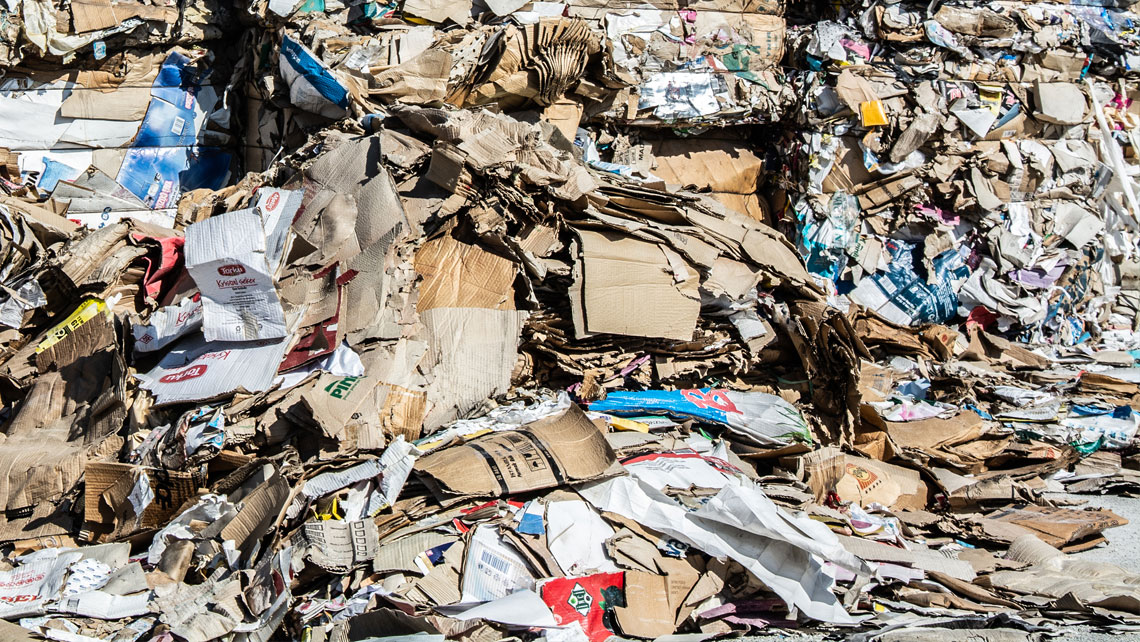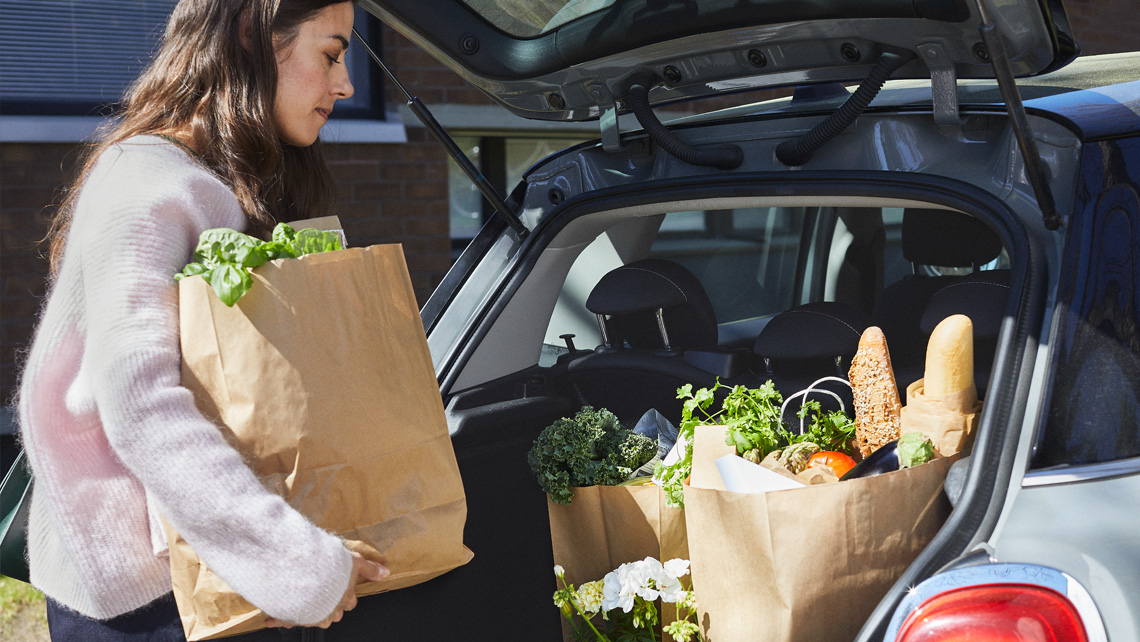Reducing plastic use
Avoiding plastic packaging is a goal that is top of mind for most consumers. According to the results of the survey commissioned in 2019, most of the respondents agreed with the statement “I’m trying to reduce the amount of plastic in my life” – 93% of the Chinese, 83% of the German, 67% of the Finns, and 58% of the US citizens. At the same time, many also expressed their readiness to take action and stated they’d be willing to pay more for climate-friendly packaging in food.
Avoiding plastic packaging is a goal that is top of mind for most consumers.
Regarding possible government actions to reduce the use of plastic in the future, approximately one third of the Finns and the US citizens and around half of the respondents in Germany and China would also accept a higher tax for products packaged in plastics.
When making a purchase decision, 67% of Chinese, 60% of German, 40% of US, and 34% of Finnish respondents say it is very or somewhat important that the food package has no plastic. Equally, over half of Finns and Germans and over 30% of Chinese and US citizens would feel negatively if plastic was used more in food packaging than now.
Minimizing food waste
Along with plastics, many consumers worry about food waste. According to the survey, 46% of the Germans, 40% of the US citizens, 39% of the Finns, and 78% of the Chinese were troubled by the amount of food waste they produce, and over 30% of the respondents also admitted producing a lot of food waste (with the exception of Finland where only 8% admitted the same). Respondents also felt it is even more important to minimize food waste than it is to recycle food packaging.
46% of the Germans, 40% of the US citizens, 39% of the Finns, and 78% of the Chinese were troubled by the amount of food waste they produce.
Concerns about wasting food are also reflected in the consumers’ attitudes toward future food packaging trends. Over 70% of Finns, Germans, and Chinese and over half of the US citizens would prefer climate-friendly packaging that does not compromise the longevity of the food. In addition, around a fifth of the Finns, a third of the Germans and US citizens, and a staggering 69% of the Chinese would approve food waste being a finable offense in the future.
Optimizing packaging
What if the grocery stores would have only a minimum amount of packaging and consumers needed to bring their own containers when grocery shopping? In Germany, 61% of the respondents indicated that they would feel positive about this future trend, along with 40% in the US, 31% in Finland, and 77% in China favoring this scenario.
For now, a slight majority prefers buying pre-packaged food, but would want the food in stores to be available in in wider variety of packaging sizes than it is now. The size of the package is an important feature for 90% of the Finns and around 70% of the Germans, US citizens and the Chinese.
When picking up the product from the shelf, consumers favor functionality over climate-friendliness and want their food packaging to be first and foremost sturdy and leak-proof as well as hygienic. Nevertheless, over half of the respondents say that it is important to them that the package it easy to recycle (71% China, 64% Germany, 50% the USA and Finland).
Consumers favor functionality over climate-friendliness and want their food packaging to be first and foremost sturdy and leak-proof as well as hygienic.
With the new year, decade and fresh starts, will any of these be on your list of resolutions?



